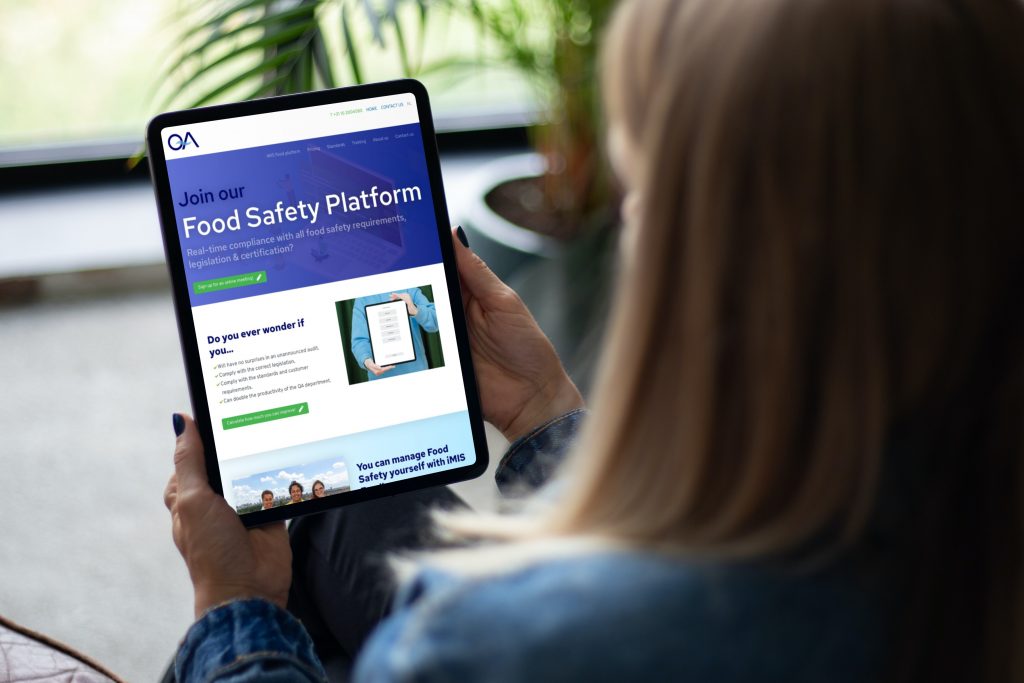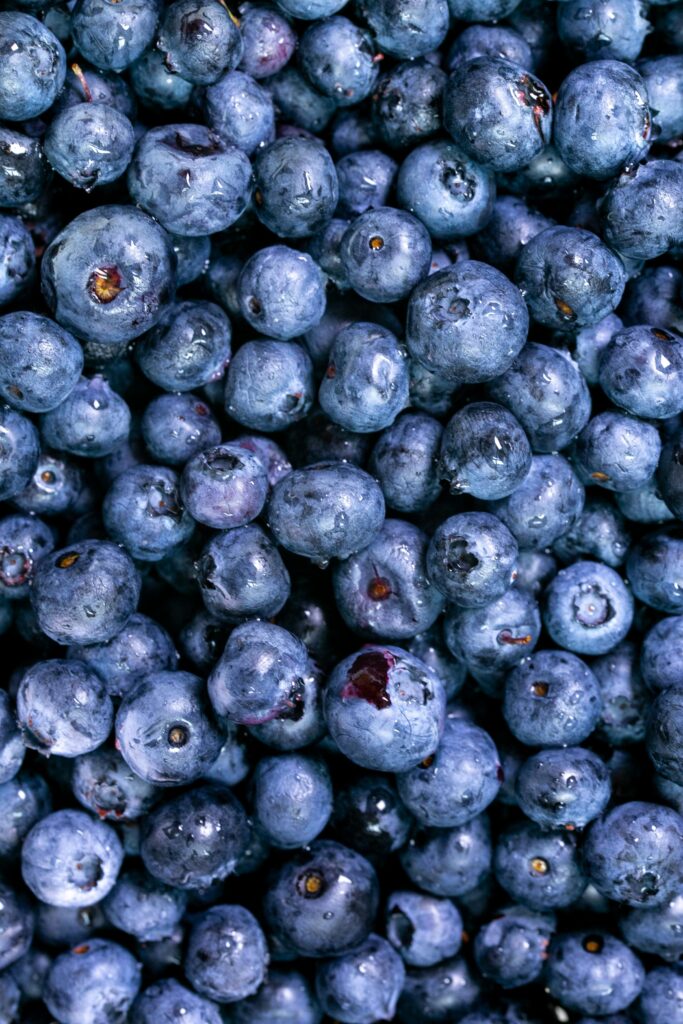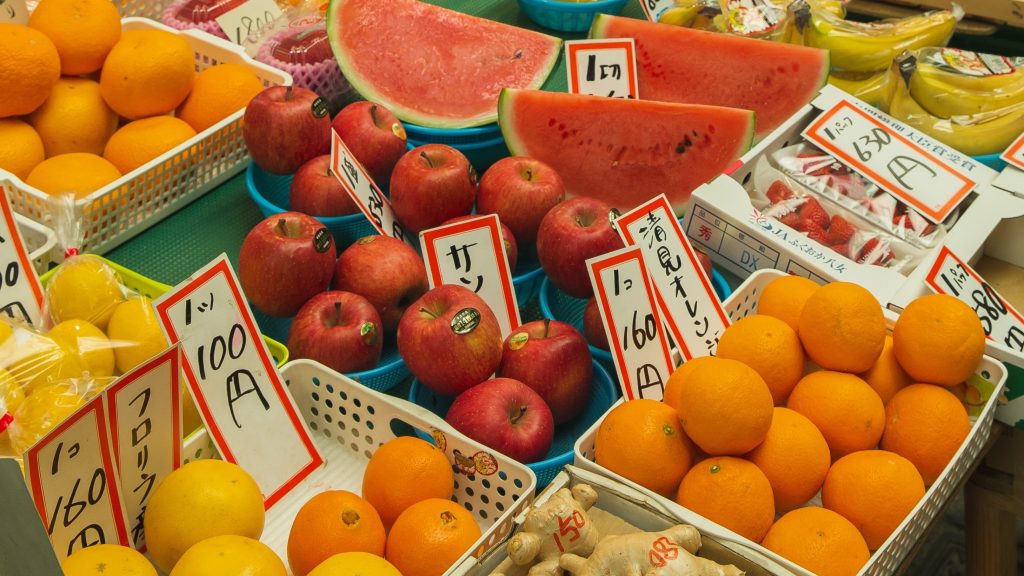General
- All deliveries of products must comply in all respects with the applicable laws and regulations of the location where they are manufactured and the location to which they are shipped, and where they are used.
- The supplier must have systems in place to ensure food safety. Food safety means the absence of unacceptable (micro)biological, chemical and physical hazards and undeclared allergens.
- Packaging materials that are in direct contact with food must be fit for purpose. Packaging material must be approved for food in accordance with EU legislation on materials intended to comply with food. There is a declaration of conformity (document of compliance) and associated migration test related to the intended use of the product.
- The packaging material shall not transfer substances to the food in such quantities as to make the food dangerous to human health or to alter the composition, smell or taste of the food in an unacceptable manner.
- Any unwanted contamination and damage to the product during storage and distribution must be prevented. Product safety and quality must be maintained during loading and transport, and products must be stored and transported under the right conditions, such as temperature or humidity.
- Transport vehicles need to:
- be cleaned accordingly
- be free from strong odours that may cause deterioration of products
- be in a safe condition to prevent damage to products during transport
- be equipped to ensure that all temperature requirements or other necessary conditions can be maintained during transport.
- You must carefully and in accordance with legally applicable requirements provide the products with the correct labelling and provide them with a lot code/batch number.
- As a customer, you must carefully inform us about the potential dangers and risks of the raw materials, products and materials supplied by you.
- Products with a quality mark must meet the applicable requirements of the relevant quality mark.
- Wooden pallets with bags must have a protective layer of cardboard between bags and pallets.
- Raw materials or products may not be treated with ionizing radiation.
- The products supplied are not produced from GMO and do not contain ingredients produced with GMO.
- The shelf life of the delivered products must be substantiated and assessed.
Management systems
- You must have implemented a documented management system for food safety and quality that is based on HACCP principles.
- If you as a food supplier do not have a GFSI-certified system for food safety and quality, we as a customer have the right to carry out an audit with trace test.
- You must have a system in place that allows tracing both upstream and downstream, including the packaging material used.
- You have carried out a hazard and risk analysis with regard to food defense and have taken effective measures to control risks sufficiently. The food defense plan is verified annually. If you suspect that criminal activities are being developed that pose a risk with regard to products delivered to us, we must be contacted immediately.
- You have carried out a hazard and risk analysis with regard to food fraud and implemented a validated food fraud management plan in the company. This is verified annually. If there is fraud in the chain of products delivered to us, we must be contacted immediately.
- If products are supplied with a quality mark, you must be certified for this. Product authenticity should be ensured.
Specific conditions
- We monitor the delivered products based on the raw material specifications supplied by you.
- We have the right to refuse and return raw materials that are delivered outside specification.
- We have the right, if analytical research shows that the raw materials have been supplied outside specification, to charge you the costs of research.
- We have the right to block and/or return raw materials if the supplier is unable to provide a legally valid health declaration or certificate of analysis, if this is deemed necessary for the raw material in question.
- We have the right, in consultation with the supplier, to have an external audit carried out at the supplier’s location, in order to verify whether the supplier is actually able to reasonably offer a guarantee on food-safe and high-quality products.
Health certificates (if applicable)
The supplier is able to provide a health certificate on request, based on the minimum requirements set by the controlling authority, the following are:
- Name of the body that issued the certificate
- Type of goods
- Number of packages or weight of the lot
- Country of origin
- Risky parameters
- Research method
- Results research
Certificates of analysis
- The supplier is able to provide a microbiological, chemical or physical certificate of analysis on request.
- Laboratory analyses are carried out by an accredited laboratory.
Microbiological requirements
- Products comply with the standards set out in Regulation EC2073/2005 on microbiological criteria for foodstuffs.
- Products comply with the standards as included in (agreed) product specifications.
Chemical requirements
- Products comply with the standards in Regulation (EC) No 1881/2006, setting maximum levels for certain contaminants in foodstuffs. This includes (heavy) metals, nitrate, (myco)toxins, 3-MCPD, dioxins and PCBs and PAHs,
- Application of pesticides is only permitted according to legal guidelines. Pesticide residues must not be present at higher levels than those referred to in Regulation (EC) No 396/2005.
Non-product components
- Harmful foreign materials such as splinters, glass, plastic, metal, stone, etc., must not be present in the product.
- Identification and traceability
The supplier must label all delivered products in accordance with the Commodities Act Decree on the Labelling of Foodstuffs or other applicable laws and regulations, such as Regulation EC 1169/2011. The supplier must also provide all products with a lot number and/or production code, and storage period.
Recall and emergency procedure
The supplier must have an effective Recall procedure that is tested at least 1x per year. In this procedure, it is stated that relevant customers are immediately informed of the recall. Product liability
- Yes, we have product liability insurance including consequential damage.
- Yes, we have a product liability insurance excluding consequential damage.
- No, we do not have product liability insurance.
- If no, how do you deal with the concept of product liability?
Supplier’s declaration
The supplier must comply with the requirements regarding food safety in accordance with national and international legislation.
Related articles to Example: General terms and conditions of delivery
Many customers and visitors to this page 'Example: General terms and conditions of delivery' also viewed the articles and manuals listed below:



